Have you ever come across a brand that feels just like it was made for you? That’s the effect of niche marketing. So, what is it, anyway? Niche marketing is all about targeting a specific group of people—your niche market—and giving them precisely what they want.
Instead of trying to be everything for everyone, niche marketing helps you stand out by focusing on a smaller audience. This approach not only leads to less competition but also enables you to create real, lasting connections with your customers, making them feel valued and understood.
In this blog post, we’ll break down what niche marketing is, explore its benefits, and share some exciting niche marketing examples. Whether you run a small business or want to learn more about effective niche marketing strategies, you’ll find plenty of valuable insights here.
Let’s get into it!
What is Niche Marketing?
Niche marketing, also known as niche media marketing, is a targeted approach that focuses on serving a specific segment (niche audience) of a larger market that shares similar interests, needs, or characteristics. It involves identifying and serving a particular niche market, creating products or services that meet their unique needs, and building solid relationships with them.
A niche market can be classified by various factors, such as demographics, interests, or specific problems that need solving. For example, think about a business that creates eco-friendly pet products.
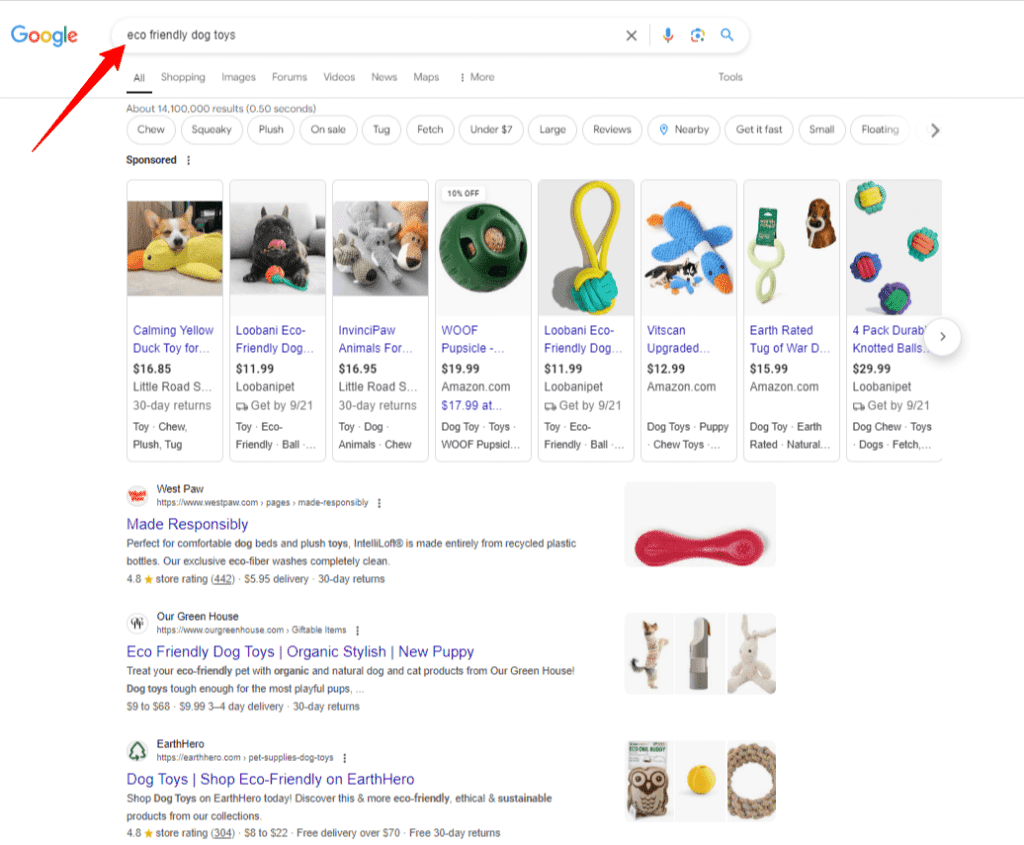
Instead of targeting all pet owners, they focus on those who care deeply about sustainability. This niche strategy helps them focus their resources, marketing efforts, and product development on a specific audience—their niche market.
The beauty of niche marketing is that it allows businesses to tailor their message and products in a way that feels more personal to the niche audience.
Role of Niche Marketing In Social Media Marketing
Niche marketing is crucial for social media marketers, as platforms like Facebook, Instagram, YouTube, and LinkedIn offer precise audience targeting tools. These tools allow marketers to engage with specific niche demographics based on interests, behaviors, and demographics.
Social media marketers benefit from niche marketing by creating personalized content that addresses specific audience needs. This leads to higher engagement, stronger brand loyalty, and more efficient ad spending, as ads target users who are more likely to connect with the brand.”
Moreover, Social media allows deeper interactions with niche audiences through direct communication, live sessions, and community-building. This personalized engagement enables authentic relationships and drives long-term customer loyalty, which is crucial for successful niche marketing.
By aligning their social media strategies with niche marketing principles, marketers can establish brand authority, create valuable content tailored to the audience, and promote products or services that are specifically designed for their niche, ultimately driving better results with less competition.
Principles of Niche Marketing
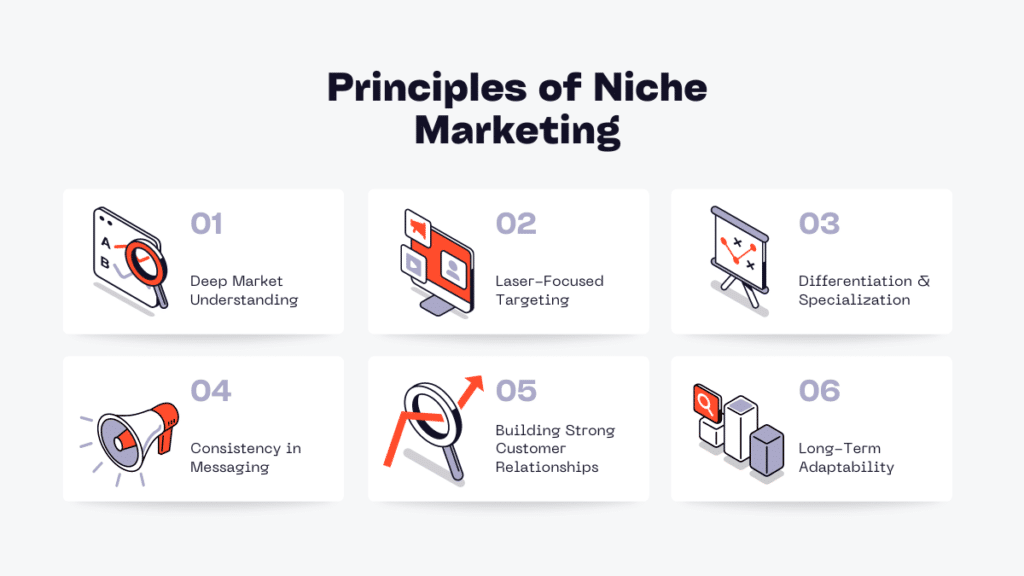
Understanding and applying the core principles of niche marketing is crucial for targeting specific audiences effectively. By applying these principles, you can create strategies that resonate deeply, leading to better engagement, brand loyalty, and higher conversions. Let’s simplify and explore these fundamental principles.
1. Deep Market Understanding
To succeed in niche marketing, you must deeply understand your niche audience—exploring their needs, pain points, preferences, and behaviors. This involves researching what drives them, the problems they face, and how your products or services can address these issues.
How to Implement:
- Conduct surveys, polls, and market research.
- Join niche-specific online forums, communities, and social media groups to understand your audience’s discussions.
- Analyze competitors to identify gaps in their offerings that you can address.
Example: If your niche is eco-friendly dog products, understand what motivates pet owners who prioritize sustainability. They may value recyclable packaging, natural materials, or chemical-free toys. Address these preferences in your marketing to connect with them.
2. Laser-Focused Targeting
Niche marketing’s strength lies in concentrating efforts on a specific group rather than a broad market. This principle involves tailoring your messaging, content, and campaigns to the specific interests and needs of your niche audience, aiming to be highly relevant to a smaller, defined group rather than trying to appeal to everyone.
How to Implement:
- Use targeted ads on platforms where your niche audience spends time (e.g., Facebook, Instagram, or specific subreddits).
- Create personalized content that addresses the unique needs and desires of your audience.
- Use language, visuals, and messaging that speaks directly to your niche.
Example: A business selling artisanal, hand-crafted watches would focus its marketing on people who appreciate craftsmanship and uniqueness rather than trying to compete with mass-market brands offering low-cost watches.
3. Differentiation and Specialization
In niche marketing, your business must stand out by offering something unique and specialized that competitors don’t. The principle of differentiation is critical—your products or services must solve a specific problem or fulfill a need in a way that more prominent, more generalized brands aren’t addressing.
How to Implement:
- Identify what makes your product or service different from competitors.
- Focus on a feature, benefit, or experience that sets your brand apart.
- Highlight this unique value in your marketing materials to show why customers should choose you.
Example: If your brand creates vegan leather handbags, emphasize how your products are cruelty-free, eco-friendly, and stylish, catering specifically to environmentally-conscious fashion lovers who want ethical yet fashionable accessories.
4. Consistency in Messaging
Consistency in your marketing message is crucial for building trust and loyalty within your niche audience. Your messaging should remain uniform across all platforms and touchpoints, ensuring that your niche audience gets the same clear, tailored message every time they interact with your brand.
How to Implement:
- Develop a brand voice and stick to it in your marketing materials, from social media posts to email campaigns.
- Ensure your website, advertisements, and customer support all reflect the same message.
- Reiterate your unique value proposition in every interaction to reinforce why you’re the best fit for your niche.
Example: A fitness brand focusing on post-pregnancy workouts should consistently highlight the benefits of their specialized routines for new moms. Whether through social media posts, blog content, or fitness guides, the brand must communicate how its product is designed specifically for post-pregnancy needs.
5. Building Strong Customer Relationships
In niche marketing, forming deep and meaningful relationships with your customers is essential. Because you’re dealing with a smaller audience, there’s a greater opportunity to connect with individuals on a personal level, which can lead to long-term loyalty and repeat business.
How to Implement:
- Engage with your audience on social media, respond to comments, and show that you’re genuinely interested in their feedback.
- Offer personalized experiences, such as product recommendations based on their previous purchases.
- Create loyalty programs, exclusive deals, or communities that allow customers to feel valued and connected to your brand.
Example: An organic skincare brand targeting people with sensitive skin can build customer loyalty by offering personalized skincare advice and responding to individual concerns. Engaging directly with customers through blog comments, social media, and email can strengthen these relationships.
6. Long-Term Adaptability
Markets and trends evolve, and while niche marketing allows you to build strong connections with a specific audience, you must be adaptable. Stay flexible and open to expanding your offerings or adjusting your messaging as customer preferences change or new trends emerge.
How to Implement:
- Continuously monitor your niche market for emerging trends or shifts in consumer behavior.
- Adapt your products, services, or messaging to stay relevant and continue meeting your audience’s needs.
- Experiment with new marketing strategies, and don’t be afraid to refine your approach.
Example: If you’re in the eco-friendly fashion niche and notice a growing demand for sustainable packaging, adapt by introducing plastic-free shipping options or biodegradable packaging to align with your audience’s evolving expectations.
With these principles in mind, you’ll be better equipped to grow your business by catering to a smaller but more engaged and loyal customer base.
Advantages / Benefits of Niche Marketing
When it comes to niche marketing, there are plenty of benefits that make it a smart strategy for businesses looking to stand out and connect with a specific audience. Here are some of its advantages:
Less Competition
One of the significant benefits of niche marketing is the reduced competition. Since you’re targeting a smaller segment of the market, you’re not competing with big brands that are going after the mass market. This allows you to dominate your niche market by being the go-to business for a specific group of people.
Stronger Customer Loyalty
Niche marketing allows you to connect with your customers on a deeper level. By addressing their unique needs, you create a more personalized experience. This often leads to stronger brand loyalty, as your customers feel understood and valued. When you’re the only brand that truly “gets” them, they’ll stick with you.
Higher Profit Margins
Since you’re catering to a specific group with specialized products or services, customers are often willing to pay more. This is especially true if what you offer is hard to find elsewhere. Niche marketing can, therefore, lead to higher profit margins, as customers value the uniqueness of what you’re offering.
Focused Marketing Efforts
Instead of casting a wide net and hoping to attract everyone, niche marketing allows you to focus your marketing strategies on a smaller, well-defined group. This makes your efforts more cost-effective, as you can target a specific niche audience with tailored content and messaging.
Establishing Expertise
When you cater to a niche market, it’s easier to establish yourself as an expert in that area. Over time, your brand can become known as the authority in your niche, which builds trust and credibility.
Disadvantages / Limitations of Niche Marketing
While niche marketing has its perks, it’s not without a few drawbacks that are worth considering before diving in. These are some of its limitations:
Limited Market Size
While focusing on a niche market can be great for building strong connections, the market size is naturally smaller. This means there’s a cap on how much your business can grow unless you expand into other niches or markets.
Risk of Over-Specialization
Another challenge with niche marketing is the risk of becoming too specialized. If your niche becomes too narrow, you might struggle to find enough customers to sustain your business.
Dependency on a Specific Audience
Since your focus is on a specific group, your business is more dependent on the loyalty and ongoing demand of that small audience. If your niche market’s needs change or competitors start offering similar products, your business might struggle to keep its market share.
How to Find a Niche Market

So, you’re thinking about going into niche marketing but aren’t quite sure where to start? Finding the right niche market can be a game-changer for your business, and luckily, it’s not as tricky as it might seem. Let’s break it down into some simple steps so you can discover the perfect niche for your business.
Step 1: Start with Your Interests and Passions
First things first: think about what you’re really passionate about. Sometimes, the best niche markets come from what you love. For instance, if you’re obsessed with vintage watches or eco-friendly products, these interests could guide you toward a niche that you’ll enjoy working in. Plus, when you’re passionate about something, it shows, and that enthusiasm can be a big draw for your target audience.
Step 2: Research Market Needs and Gaps
Once you’ve got a general idea of your interests, it’s time to dig into what people need. Start by looking for gaps in the market where current products or services are falling short. This could be anything from a lack of quality pet products for a specific breed to an absence of stylish home office furniture for remote workers.
These gaps represent opportunities for you to step in with a solution. By offering something unique that addresses these needs, you can build a loyal customer base that appreciates what you bring to the table.
Step 3: Define Your Target Audience
Once you’ve identified a potential niche market, it’s time to define your target audience within that niche. Think about who they are, what their interests are, and what problems they face.
For instance, if you’re targeting a niche market of organic meal kits, your audience might consist of busy professionals who want healthy, convenient cooking options that save time. This insight will help you develop solutions that truly resonate with them and fill the gaps left by existing options.
Step 4: Analyze Your Competition
Checking out the competition is a crucial step in finding your niche market. Check our other businesses already operating in your potential niche and analyze how they’re doing it. Are there areas they’re not covering well? Are there ways you can offer something different or better?
This competitive analysis can provide you with valuable insights. Look for ways to differentiate yourself—maybe you can offer better customer service, unique products, or a different angle on marketing.
Step 5: Test Your Ideas.
Before fully committing to a niche market, it’s wise to test your niche market ideas to see how they perform. You could start small by launching a pilot project or offering a limited range of products to gauge people’s interest. This approach will give you valuable feedback and help you refine your offerings before making a more significant investment.
Step 6: Stay Flexible and Adapt
Finally, remember that finding the right niche market isn’t a one-time thing; it’s an ongoing process. Keep an eye on emerging trends and be willing to adapt. Your niche market might evolve, and staying flexible will help you continue to meet your customers’ needs effectively.
7 Profitable Niche Market Examples
Let’s get into the fun part—niche markets that are actually making money! If you’ve been wondering where to start or what industries are booming in the niche marketing world, here are seven profitable niche market examples that are worth checking out.
Pets
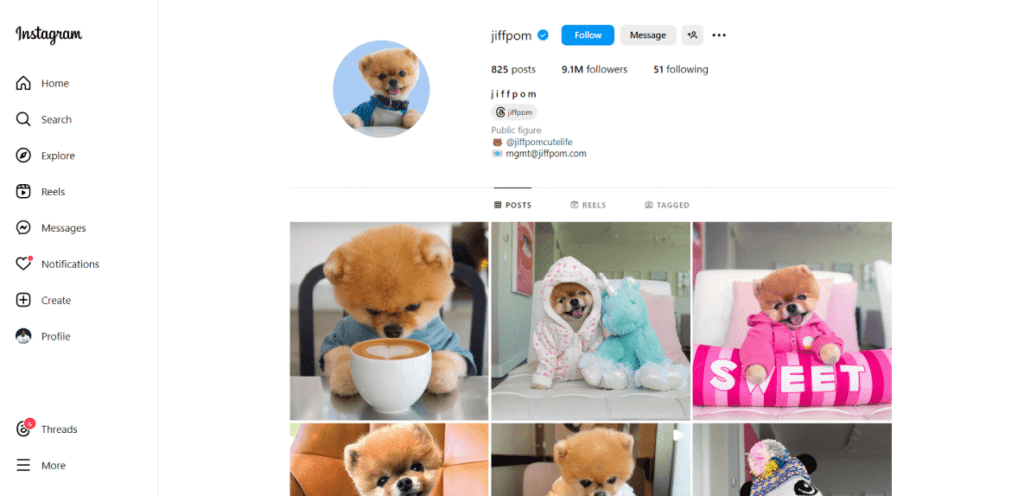
The pet industry is booming, and for good reason! People love their pets and are willing to spend on products that enhance their furry friends’ lives. This niche market includes everything from organic pet food and eco-friendly toys to stylish pet apparel.
If you can tap into what pet owners are looking for—like health-focused products or unique accessories—you can create a loyal customer base that keeps coming back.
Fitness
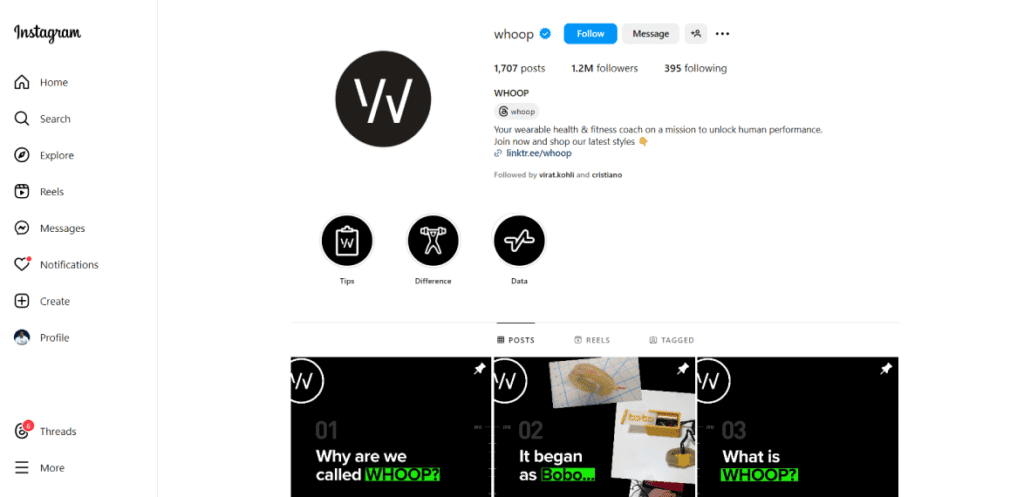
Fitness is a huge niche market that continues to grow, especially with the rise of health-conscious consumers. This includes everything from specialized workout gear and nutrition plans to online fitness classes.
Think about fitness for specific age groups, like workout programs for seniors, or for people with particular goals, like postpartum fitness. There’s also a growing market for home gym equipment and online fitness classes. And let’s be honest—people love fitness gear that matches their lifestyle, so you can get creative here!
Health and Wellness

Health and wellness is a massive industry, but you don’t have to target everyone to succeed. Specializing in a niche market within this space—like mental health apps, supplements for a specific diet, or products for stress relief—can set you apart.
For instance, offering a line of eco-friendly, cruelty-free skincare for sensitive skin could attract a devoted audience. People are increasingly willing to invest in their well-being, especially if you offer niche products that solve their specific health challenges.
Remote Workers

The rise of remote work has opened up a whole new niche market for products and services that make working from home more accessible. Think ergonomic office furniture, productivity software, or even self-care packages designed for home-based employees. With more people setting up home offices, there’s a growing demand for items that boost comfort and efficiency.
Gamers

Gaming is no longer just a hobby—it’s a full-blown lifestyle for many, and it’s a seriously profitable niche market. Whether it’s accessories for gaming consoles, high-end headphones, or even custom-built PCs, there are tons of ways to cater to this audience.
Plus, gamers are always on the lookout for the latest gear or trends, so if you can offer something unique that enhances their experience, you’re likely to find a dedicated following.
Do-It-Yourself (DIY)

The DIY market has exploded, especially as more people look to take on home projects themselves. Whether it’s crafting, home renovation, or personalized gifts, people love the sense of accomplishment they get from doing things themselves.
This niche market is perfect for those selling DIY kits, instructional content, or specialized tools that make these projects more accessible. And the best part? DIY enthusiasts are always looking for new ideas and products, making it a perfect opportunity for creative entrepreneurs.
Travel and Tourism
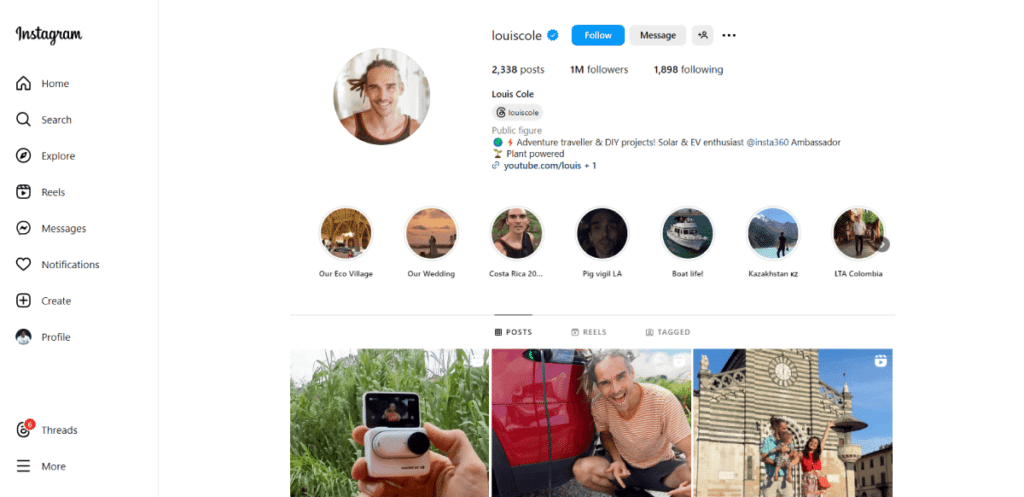
Despite all the ups and downs in travel lately, people’s love for adventure hasn’t faded. The niche market within travel and tourism is thriving, whether you’re focusing on luxury travel, eco-friendly tours, or adventure-packed vacations.
You could offer curated travel guides for specific destinations or unique travel accessories that make trips more comfortable. With the proper focus, you can attract a passionate niche audience that values authentic and personalized travel experiences.
Effective Niche Market Strategies
When it comes to niche marketing, you’ve got to be strategic about how you reach and engage your audience. Here are five effective strategies to help you make the most of your niche marketing efforts.
Understand Your Audience Deeply
First and foremost, get to know your audience inside and out. Who are they? What do they care about? What challenges do they face? Conduct surveys, engage in social media groups, and read reviews to gather insights.
The more you understand your target audience, the better you can tailor your products and marketing messages to resonate with them.
Solve a Unique Problem
The heart of niche marketing lies in offering a solution that’s hard to find elsewhere. Find out what your niche audience needs but can’t quickly get, and position yourself as the go-to solution. When you meet a specific need, your niche market is more likely to stay loyal to your brand.
Build a Strong Brand Identity
Your brand needs to stand out in a big way, even if you’re appealing to a smaller group of people. Think about niche branding, like crafting a personality that speaks to your audience. From your logo to your social media voice, everything should reflect the values of your niche market.
Use Targeted Marketing Channels
Not all marketing channels are created equal, especially when you’re talking about niche markets. Instead of trying to be everywhere, find the places where your audience hangs out the most. For example, if you’re targeting gamers, platforms like Twitch, Reddit, or Discord are where you’ll find them.
Offer Exclusive Products or Services
People love to feel special, and that’s especially true in niche markets. When you offer something exclusive, you tap into that desire. This could be limited-edition products, membership access, or personalized services tailored just for your niche.
Conclusion
And there you have it! Niche marketing is all about finding that sweet spot where your passions meet the needs of a specific audience. It also means less competition and more loyal customers who truly appreciate what you bring to the table.
So, if you haven’t found your niche yet, don’t sweat it. With the tips and strategies we’ve covered, you’re well on your way to finding a niche that truly resonates with you.
I can’t wait to see what you come up with! If you have any questions or want to share your thoughts, feel free to drop a comment.





